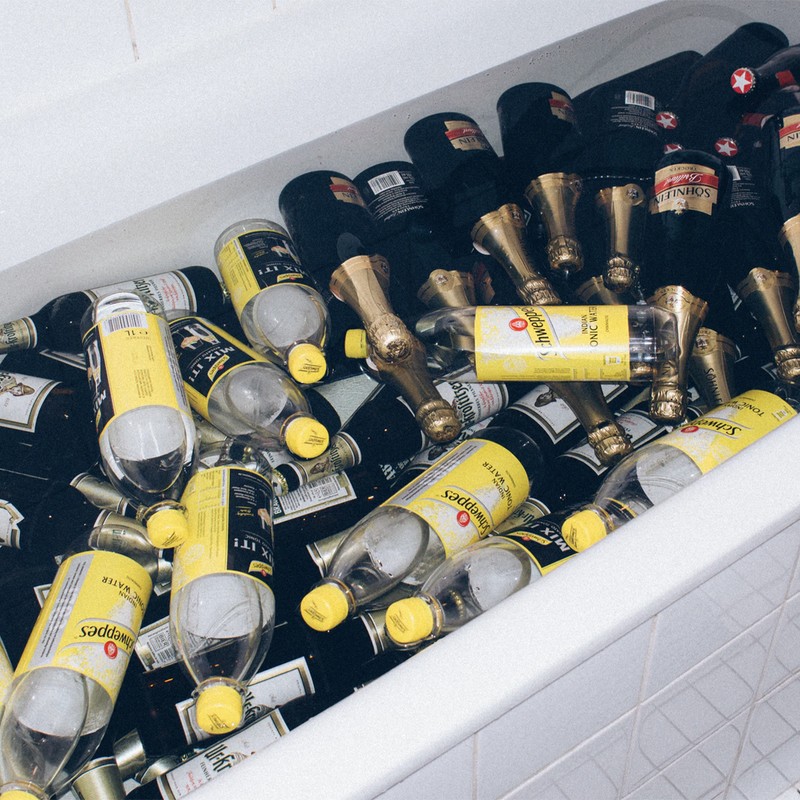An Expert’s Guide To Dealing With A Hangover
Skip The Vintage
“Histamines are chemicals released by the body when we have an allergic reaction, and some research has shown that alcohol which has been aged (like red wine) can cause the body to release histamines and cause headaches. You may have also heard that organic and natural wines cause less of a hangover as they don’t contain sulphites. This, however, is a myth. Sadly, any form of alcohol can give you a hangover.” – Dr Ross Perry, GP and medical director of Cosmedic.
Try Rehydration Sachets
“Alcohol is a diuretic, meaning it affects the kidneys and makes you pass water much more than you normally take in – this is why you feel dehydrated following a night of drinking. Alcohol also inhibits production of a hormone called vasopressin, which encourages your body to reabsorb water as opposed to sending it straight to the bladder to be flushed out. Try taking a sachet of Dioralyte with water before you start drinking and then another when you get home – this can really help with dehydration levels the next morning. Coconut water is also a good choice as it’s absorbed faster and more efficiently than non-isotonic liquids.” – Ross
Rebalance The Body With Vinegar
“If you can stomach it, a couple of tablespoons of apple cider vinegar (ACV) mixed in water can help. This is because ACV can help restore the body’s pH level, which becomes more acidic after drinking alcohol. ACV also has a diuretic effect that can help with morning-after fluid retention and is great at restoring blood sugar, which can be all over the place after a night of drinking.” – Ross
Keep An Eye On The Clock
“On average, the liver can metabolise around one alcoholic drink per hour. There are obviously individual variations in alcohol metabolism – weight, genetic variants, liver size and function play part – but age also factors into the equation. Once you reach middle age, drinking quickly (i.e. more than one drink per hour) will put increased pressure on your liver as it struggles to keep up. For the majority of middle-aged guys, this will result in feeling worse the next day.” – Pete Williams, founder of Functional Medicine Associates
Eat To Top Up Antioxidants
“Any nutrients that will help your body to stimulate production of glutathione – known as the master antioxidant – can help reduce hangover symptoms. The most effective strategy would be to take a glutathione supplement, but you can boost production through diet too. Try foods naturally rich in sulphur (lean meats, fish, eggs and cruciferous veg) and those packed with selenium (Brazil nuts, brown rice and sunflower seeds). Foods rich in vitamin C – like kiwis, citrus fruits, papaya and cantaloupe melon – can also help.” – Pete
Stock Up On Milk Thistle
“There are quite a few natural cures promoted as helping with hangovers. The one to try is milk thistle. Milk thistle contains silymarin, which is known for its antioxidant properties. It also has a direct protective effect on the liver from alcohol. It’s by no means a miracle cure and won’t stop a hangover entirely, but it could help take the edge off.” – Pete
Get Some Fresh Air
“If you feel hungover, skip an intense workout but consider getting yourself moving if you feel up to it. Going for a brisk walk or light jog – anything that breaks you into a light sweat – can help kickstart circulation to get your lymphatic system moving, oxygenate the brain and release endorphins, which, when combined, can help with a sore head and feelings of sluggishness.” – Pete
Line The Stomach In Good Time
“If you haven’t eaten in the three or four hours prior to drinking, you’ll not only get the buzz from the ingested alcohol but also a surge in blood sugar. If you don’t eat, you may begin to experience a mild degree of hypoglycaemia 30-60 minutes after your first drink, which may lead you to drink more alcohol to ‘get more energy’ and ramp glucose levels back up. Having a light snack – ideally one that’s rich in protein and fibre – will help keep blood sugar levels stable and may prevent you from reaching for another drink so quickly.” – Marc Bubbs, naturopathic doctor and performance nutritionist
Swap Coffee For Green Tea
“We all know that feeling after a boozy night out. Alcohol-induced headaches tend to be throbbing in nature and located around your temples. In traditional Chinese medicine (TCM), alcohol is heating in nature and therefore the liver – the organ responsible for detoxifying the body – needs cooling down. Green tea is great for this kind of headache. Brew a very strong cup of green tea (think two to three tea bags per cup), drink plenty of water and you’ll feel better in no time.” – Maeve O’Sullivan, TCM expert and clinical director at Escapada Health
Don’t Take Painkillers Before Bed
“The body breaks down alcohol in two phases. Medications – including painkillers such as ibuprofen and paracetamol – are also detoxified in phase one, so taking a couple of Nurofen before bed will only add a further burden to your liver. Painkillers are best for alleviating the symptoms of a hangover, so are best taken when you’re awake the following morning. Instead, take a B vitamin supplement before bed – B vitamins are needed by the body for phase one detoxification.” – Marc
Try Eating Fruit
“Watermelon is an excellent choice for a hangover. The headache you experience when hungover is associated with dehydration and a decreased amount of blood flow to the brain. Watermelon contains a nutrient called L-citrulline, which is believed to simulate blood flow. Watermelon also contains a high percentage of water, making it both refreshing and replenishing the morning after.” – Hussain Abdeh, clinical director and superintendent pharmacist at Medicine Direct
Stock Up On Aspirin
“Painkillers such as aspirin can help if you are feeling particularly rough. It can combat headaches and any aches and pains you may be experiencing as a result of a hangover. Paracetamol isn’t generally recommended for hangover relief as it’s metabolised by the liver, which is already working hard to process the amount of alcohol you consumed.” – Hussain
Eat Eggs
“Alcohol is broken down in the liver by an enzyme called alcohol dehydrogenase, which creates a toxic compound called acetaldehyde. A further enzyme called acetaldehyde dehydrogenase and a substance called glutathione then break this down into a non-toxic substance which is similar to vinegar. If you only consume a few drinks then this process can limit the amount of time acetaldehyde remains in the body, reducing the damage it can cause. If you drink large amounts of alcohol, the liver’s stores of glutathione can quickly run dry. Eggs may help with a hangover as they are a rich source of cysteine, an amino acid used by the body to produce glutathione.” – Rob Hobson, nutritionist
Have An SOS Plan
“If you wake up feeling terrible, try making a ginger-based drink, which has been widely researched for its ability to quell nausea. One of the best ways to enjoy ginger is in a tea when you get up – add one teaspoon of fresh, grated ginger (or dried ginger if you don’t have fresh), the juice of half a lemon and two teaspoons of honey to a teapot with boiling water. If things are really bad and you’re struggling to keep anything down, try some dried white toast. White bread is rich in carbs which supply the body with an immediate source of energy, and white bread is easier to digest than wholegrain varieties.” – Rob
Shop The Expert Approved Products
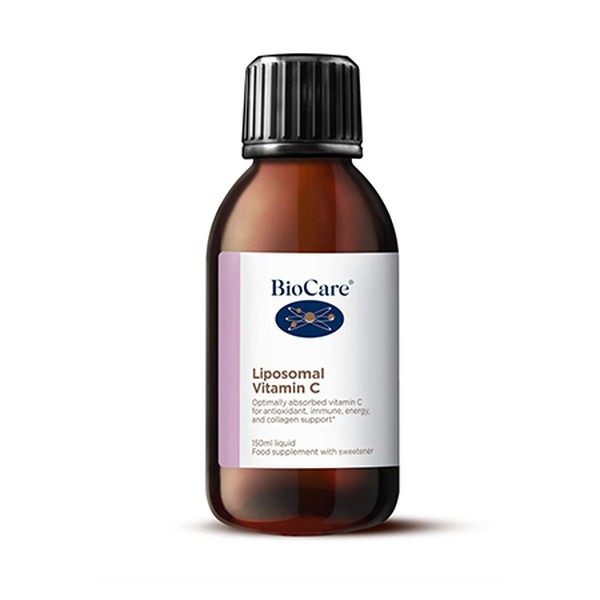
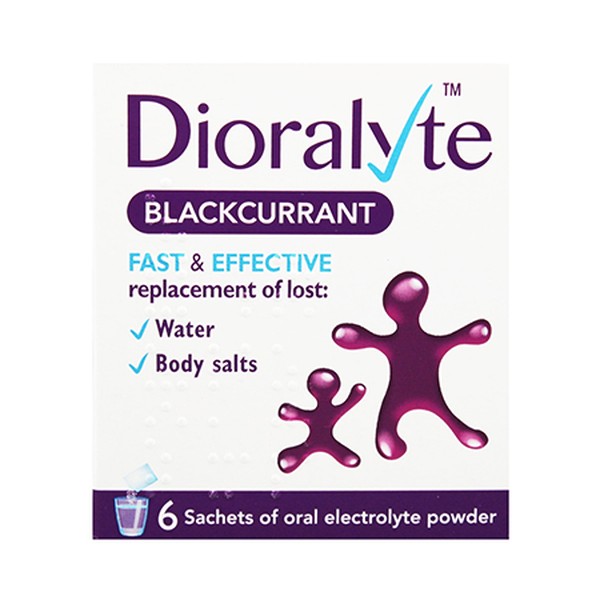
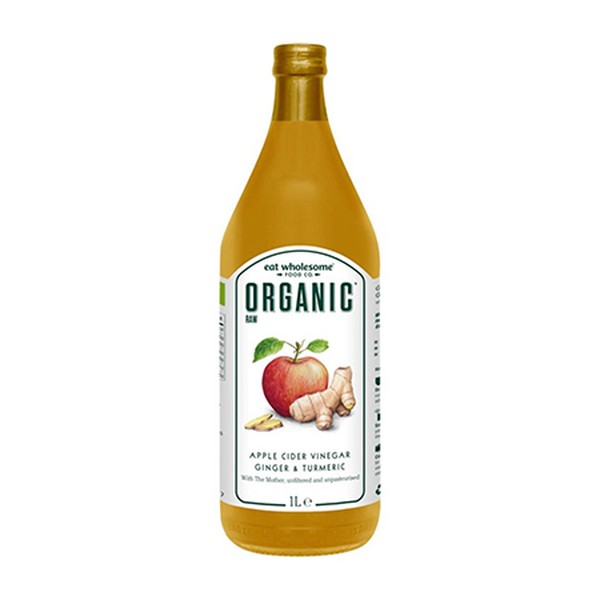
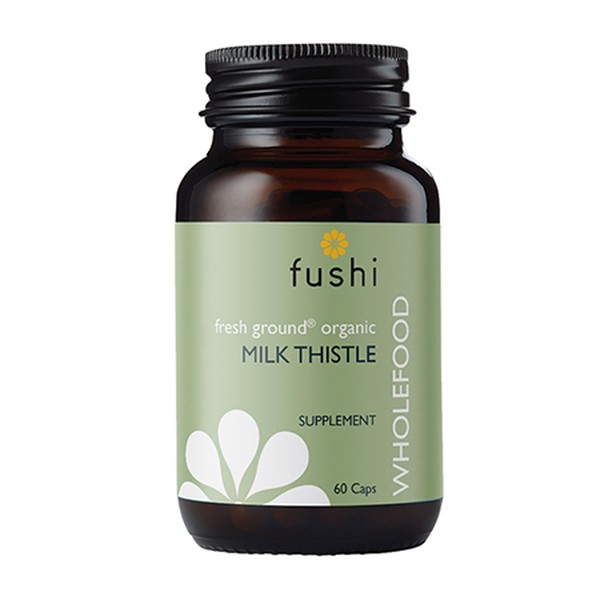
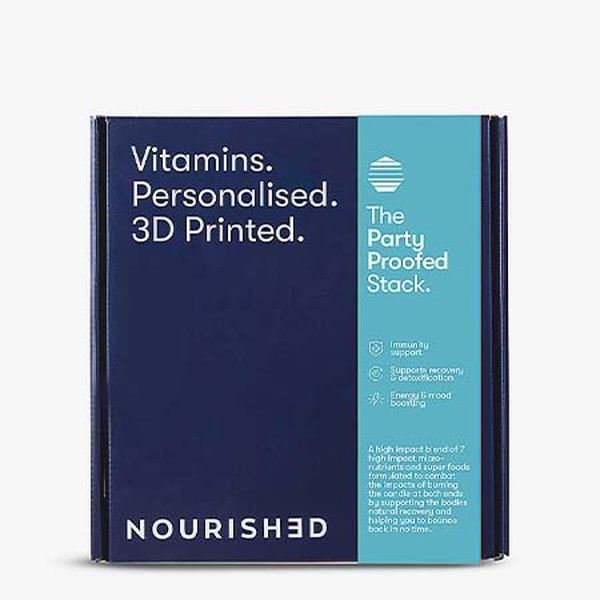
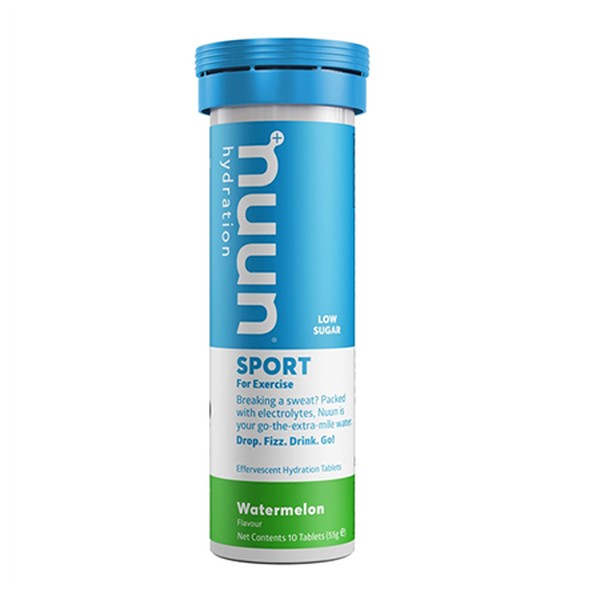
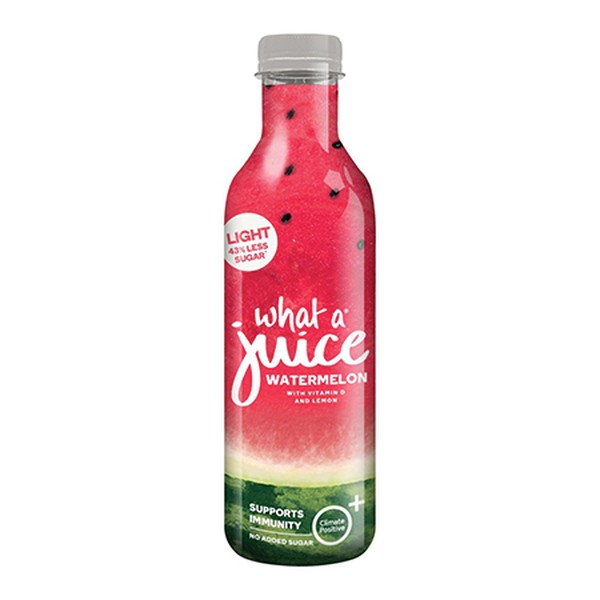
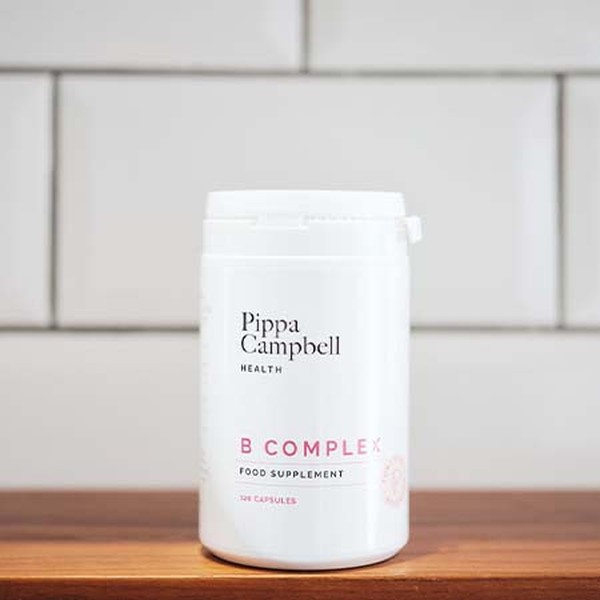
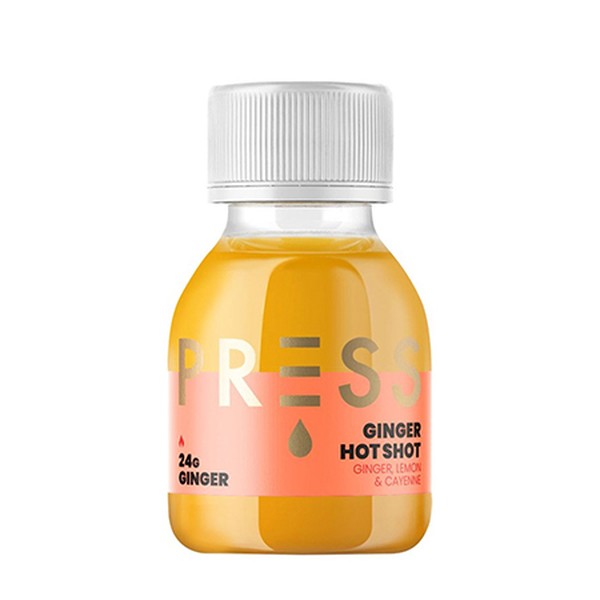
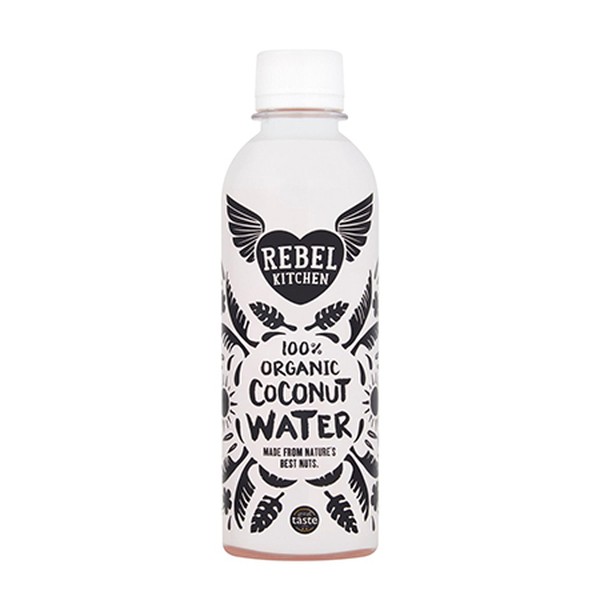
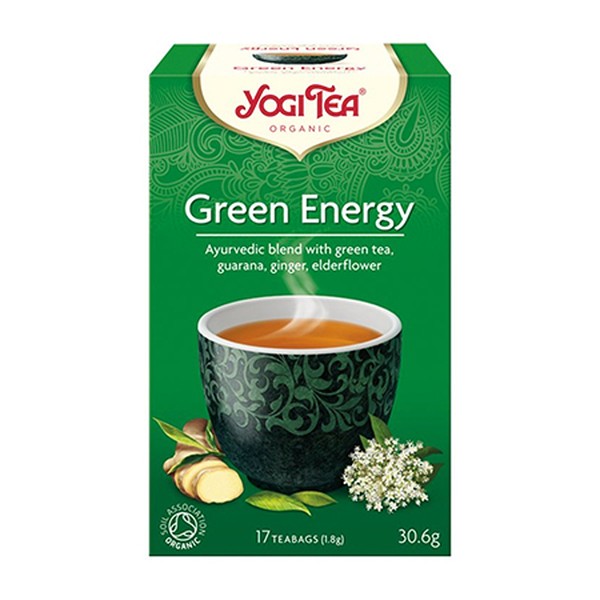
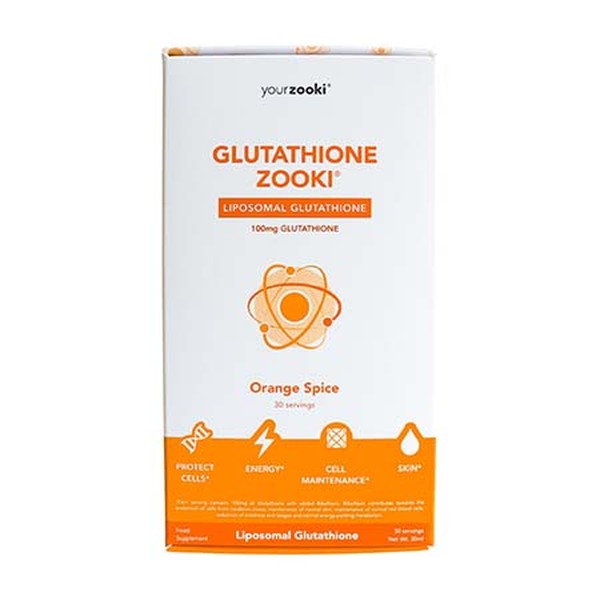
For more information, visit Cosmedics.co.uk, Functional-Medicine.Associates, DrBubbs.com, EscapadaHealth.com, MedicineDirect.co.uk and RobHobson.co.uk
DISCLAIMER: Features published by SheerLuxe are not intended to treat, diagnose, cure or prevent any disease. Always seek the advice of your GP or another qualified healthcare provider for any questions you have regarding a medical condition, and before undertaking any diet, exercise or other health-related programme.
DISCLAIMER: We endeavour to always credit the correct original source of every image we use. If you think a credit may be incorrect, please contact us at [email protected].
